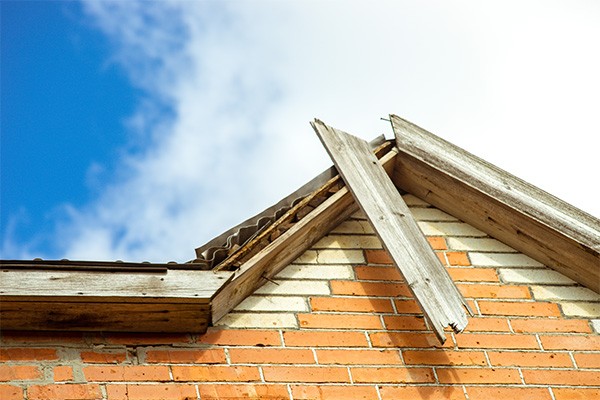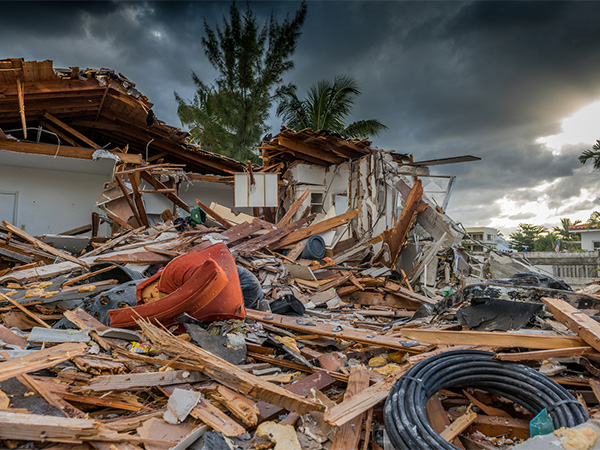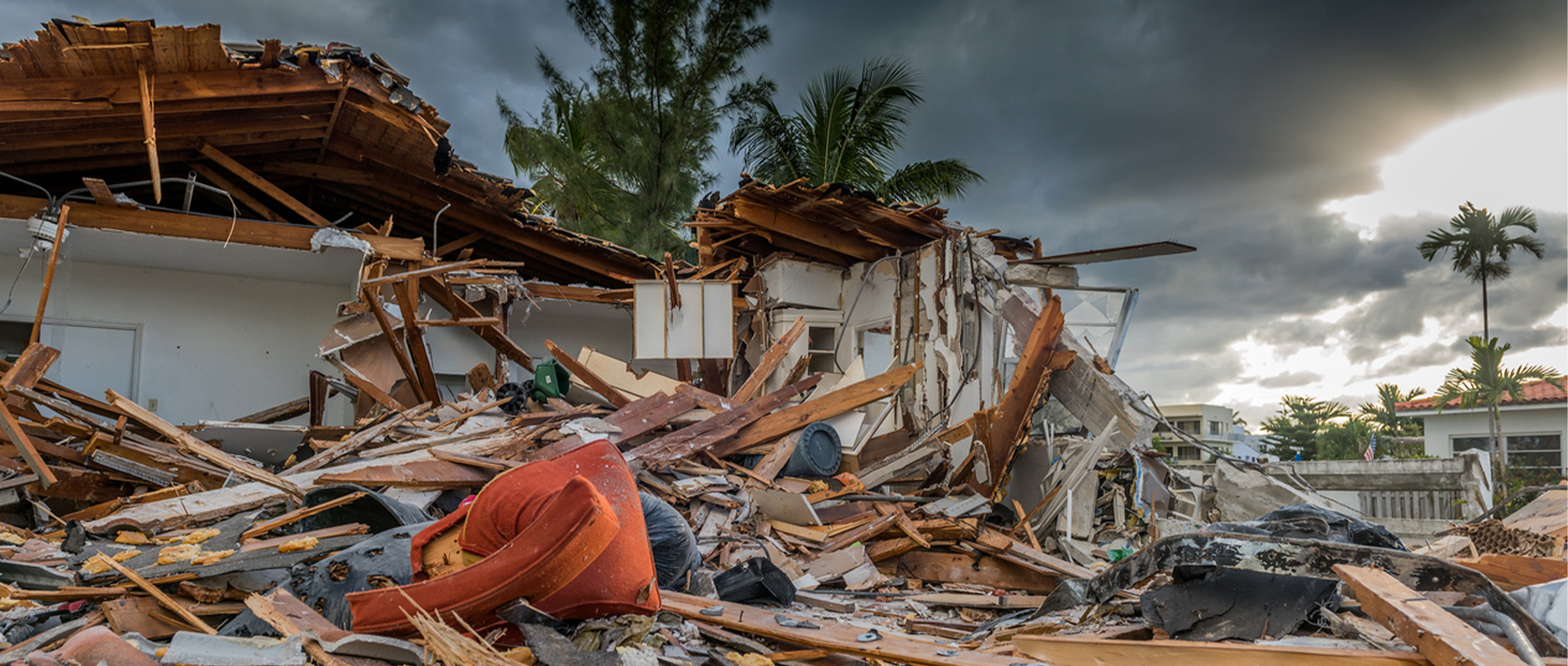- Home
- Residential
- Commercial
- Dealers & Installers
- Resources
- Support
- About
- Find a Dealer
- Become a Dealer/Installer
Hurricane Preparedness Checklist for Homeowners
Here's a comprehensive checklist designed for homeowners living in hurricane-prone areas in the US. This checklist is designed to help you prepare for a hurricane and minimize potential damage and disruption to your home and family.
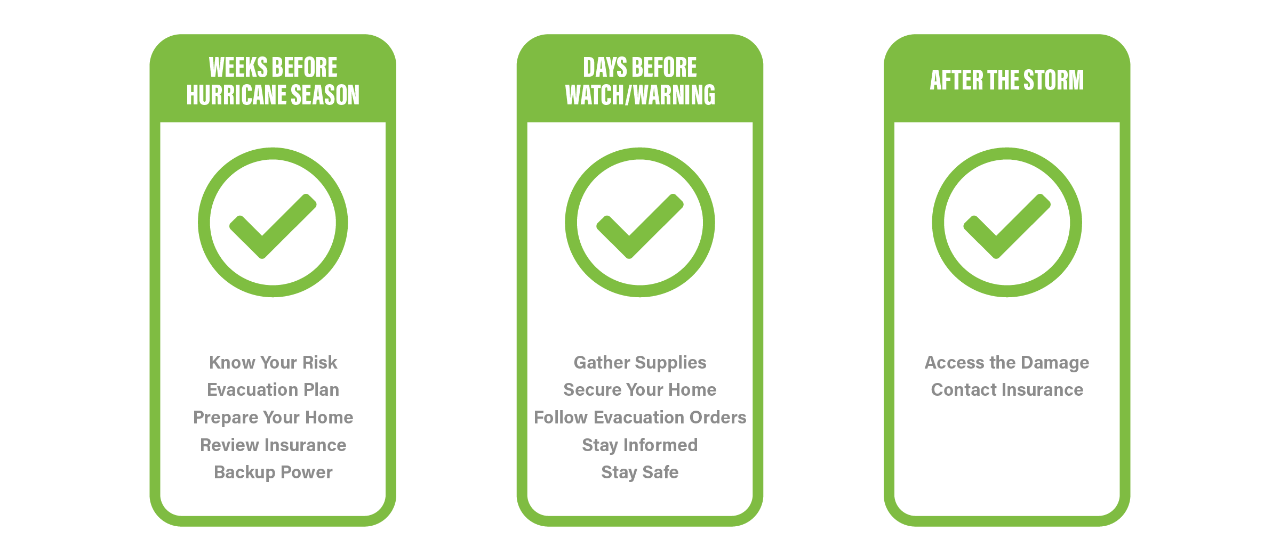
Weeks Before Hurricane Season (June 1st - November 30th)
- Know Your Risk:
- Determine your hurricane risk zone using FEMA maps or local resources.
- Understand storm surge potential for your area.
- Develop an Evacuation Plan:
- Identify multiple evacuation routes.
- Designate a safe meeting place outside of the storm's path.
- Make arrangements for pets and family members with special needs.
- Prepare Your Home:
- Trim trees and shrubs around your house.
- Clean gutters and downspouts.
- Reinforce garage doors.
- Consider installing storm shutters or impact-resistant windows.
- Review insurance Coverage:
- Ensure your homeowners insurance covers wind damage.
- Consider additional flood insurance, if necessary.
- Take photos or videos of your belongings for documentation.
- Backup Power:
- Invest in a portable generator, standby generator, or battery backup system.
- Learn how to operate your chosen backup power solution safely.
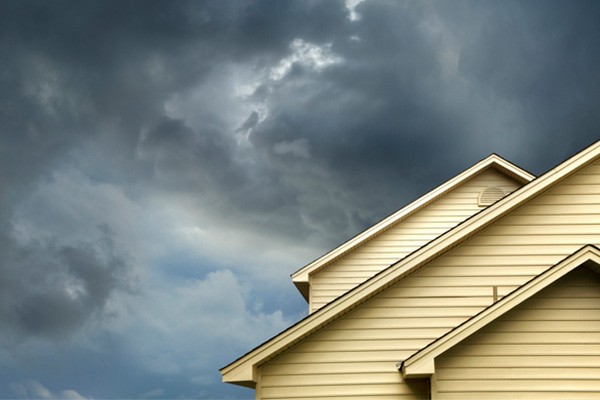
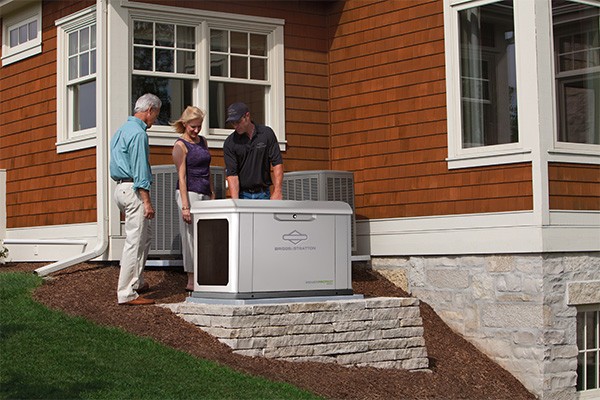
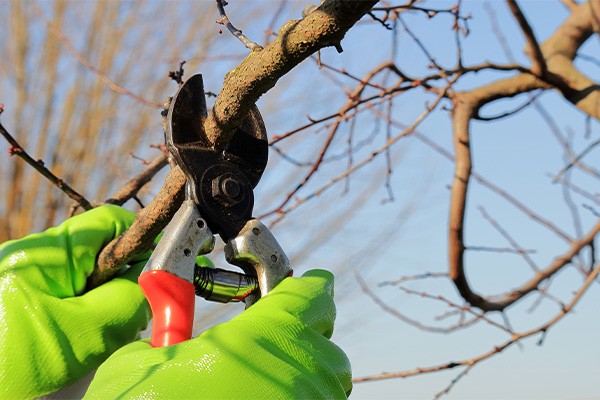
Days Before a Hurricane Watch/Warning
- Gather Supplies:
- Stock up on water ( 1 gallon per person per day for at least 3 days).
- Purchase non-perishable food items.
- Assemble a first aid kit.
- Prepare a battery-powered or hand-crank radio.
- Collect flashlights, extra batteries, and candles.
- Fill up your car's gas tank.
- Have cash on hand.
- Secure Your Home:
- Bring loose outdoor items indoors.
- Secure outdoor furniture or tie it down.
- Board up windows or put up storm shutters.
- Turn refrigerator and freezer to the coldest settings.
If Evacuating
- Follow Official Instructions:
- Listen to local authorities and evacuate if ordered.
- Take your emergency kit, important documents, and medications.
- Unplug appliances and turn off utilities if instructed to do so.
- Let someone outside the storm zone know where you're going.
If Sheltering In Place
- Stay Informed:
- Monitor weather updates closely.
- Listen to instructions from local authorities.
- Stay Safe:
- Stay indoors away from windows.
- Move to the lowest level of your home if flooding is possible.
- Avoid using candles or open flames.
- Conserve water and food.
- Only use generators outdoors and away from windows.
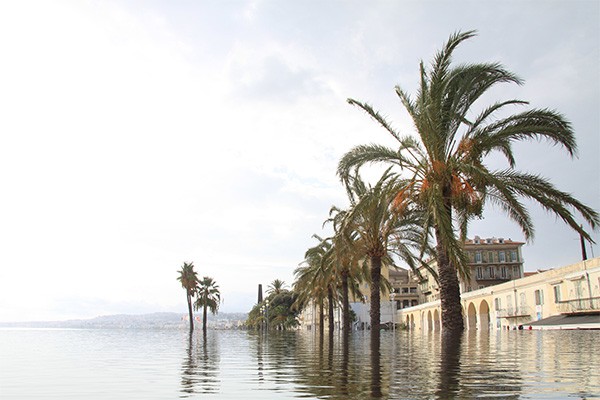
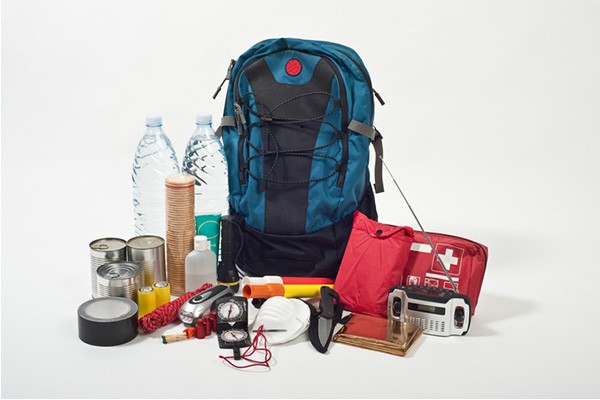
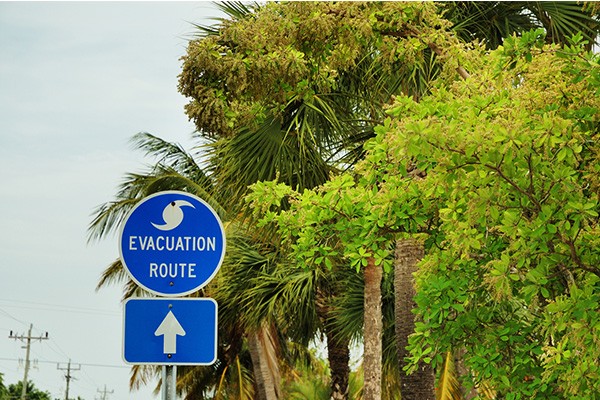
After the Storm
- Assess Damage:
- Check for structural damage before entering your home.
- Be cautious of downed power lines and debris.
- Document damage with photos or videos for insurance claims.
- Contact Insurance:
- Start the claims process with your insurance company promptly.
- Be sure to provide all necessary documentation.
Important Considerations:
- Sign up for local emergency alerts: Receive timely updates and instructions.
- Keep a list of important phone numbers: Include emergency services, insurance providers, and family contacts.
- Prepare a pet emergency kit: Ensure your pets have food, water, and medications.
- Practice your evacuation plan: Make sure everyone knows what to do and where to go.
Remember, preparedness is key to staying safe during a hurricane. By taking these steps in advance, you can better protect your family, home, and belongings.

